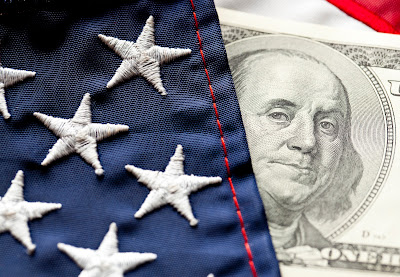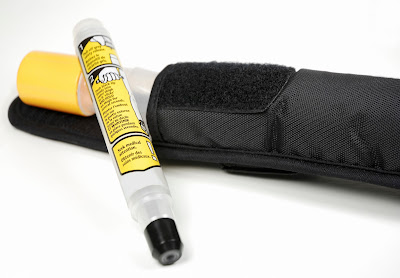PBIRx®
Intelligent Solutions in Pharmacy Benefits
612 Wheelers Farms Road, Milford, CT 06461
(888) 797-2479
On September 23, 2016, the U.S. Food and Drug Administration officially announced their approval of Amgen’s Amjevita as a biosimilar to Humira. Amjevita is the fourth biosimilar to receive approval from the U.S. FDA, and has been approved to treat seven of ten Humira indications.
Approved Indications
As is stated in the FDA’s press release, the indications that Amjevita has been approved for are (in adult patients):
- Moderately to severely active rheumatoid arthritis.
- Active psoriatic arthritis.
- Active ankylosing spondylitis.
- Moderately to severely active Crohn’s disease.
- Moderately to severely active ulcerative colitis.
- Moderate to severe plaque psoriasis.
- Moderately to severely active polyarticular juvenile idiopathic arthritis (for patients four years old and up).
The biosimilar is NOT approved for use in pediatric Crohn’s Disease, Hydradenitis Suppurativa, and Uveitis. The approval of Amjevita signifies an important milestone for California based Amgen, as this is their first biosimilar to receive FDA approval. As a reminder, in order to be approved by the U.S. FDA, a biosimilar must prove that it is extremely similar to a biological product that has previously received approval, and there must be no clinical differences between the two products where purity, potency and safety are concerned.
Side Effects
As with all treatments, possible side effects have been provided for prescribers and patients to review. The most serious to note are malignancies and infections, and the FDA explains that they expect the most common side effects to be infections and reactions at the injection site. Just like Humira, Amjevita also comes with a Boxed Warning that alerts of an increased risk of serious infections that could potentially result in hospitalization or be fatal.
Although Amjevita has received its approval now, FiercePharma reports that it could be a while before it actually makes its way into pharmacies. This results from a 180-day notice period that is required, as well as a legal issue between AbbVie and Amgen. AbbVie, which is the manufacturer of Humira, has reportedly sued for patent infringement and requested that the courts block Amjevita upon receiving FDA approval. AbbVie, recognizing that they will lose market share to biosimilars, has also had several Average Wholesale Price (AWP) increases for Humira in the past 12 months of over 28% dramatically impacting payor’s pharmacy benefit spend.
It will be interesting to see how biosimilars are treated by Pharmacy Benefit Managers and how biosimilars are accepted and dispensed by physicians and health plans in 2017.
If you have questions about the FDA’s latest approval and how it could impact your current health care spend, please give us a call at (888) 797-2479. We at PBIRx are always on the lookout for new approvals and analyzing how they will affect pharmacy benefit spend, and would be happy to speak with you further about the topic.



